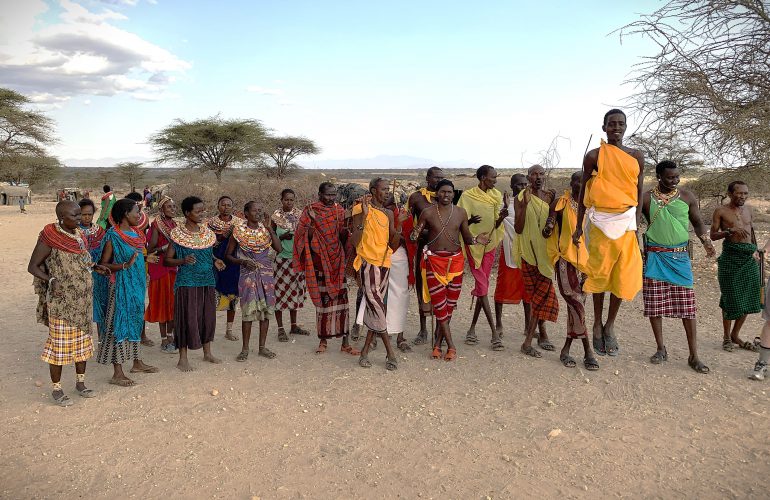 On the brink of another Thanksgiving season, we have been reflecting on how gratitude is expressed so cheerfully and constantly in Africa. African societies traditionally underscore communal values, collective well-being, and a culture of thankfulness, so gratitude is deeply embedded through customs, proverbs, and stories. All year round, young and old participate in festivals and rituals featuring song, dance, food, and offerings to thank ancestors and spirits for protection, guidance, harvests, rain, and a myriad other blessings. The culture of gratitude permeates language, imparted through proverbs (“Gratitude is wealth”, “A river of blessings flows through a valley of gratitude”, “Give thanks for the little and you will find a lot”) and centuries of storytelling. A typical folk tale tells of a girl named Tolu who was very clever but took the kindness of others for granted and never said thank you.
On the brink of another Thanksgiving season, we have been reflecting on how gratitude is expressed so cheerfully and constantly in Africa. African societies traditionally underscore communal values, collective well-being, and a culture of thankfulness, so gratitude is deeply embedded through customs, proverbs, and stories. All year round, young and old participate in festivals and rituals featuring song, dance, food, and offerings to thank ancestors and spirits for protection, guidance, harvests, rain, and a myriad other blessings. The culture of gratitude permeates language, imparted through proverbs (“Gratitude is wealth”, “A river of blessings flows through a valley of gratitude”, “Give thanks for the little and you will find a lot”) and centuries of storytelling. A typical folk tale tells of a girl named Tolu who was very clever but took the kindness of others for granted and never said thank you.
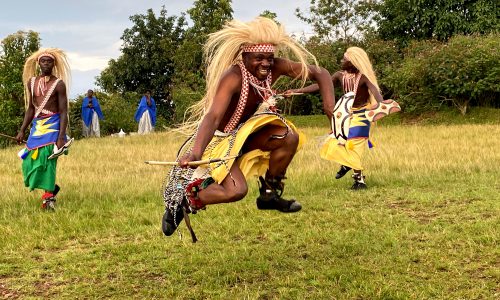
Tolu’s parents told her that in the forest lived an elderly woman who possessed magical powers and could teach important life lessons to those who sought her guidance. As expected, the curious Tolu set off to look for this sage and eventually found her hut. After their friendly visit, the woman gifted Tolu an enchanted stone which she promised would speak whenever someone said the words “thank you.” Thrilled with her magical gift, Tolu left … but without saying thank you. Along the way, she came across a fierce and hungry lion prowling towards her. Terrified, she held up the stone, but instead of throwing it, she said, “Thank you, thank you, stone, for giving me courage to stand my ground.” The lion skulked away, and the stone replied, “You’re welcome, Tolu. Gratitude brings kindness and blessings.” From then on, Tolu never forgot to express her thanks, receiving respect and kindness from others, and proving that the simple words “thank you” can transform the lives of those who speak them, as well as those who hear them.
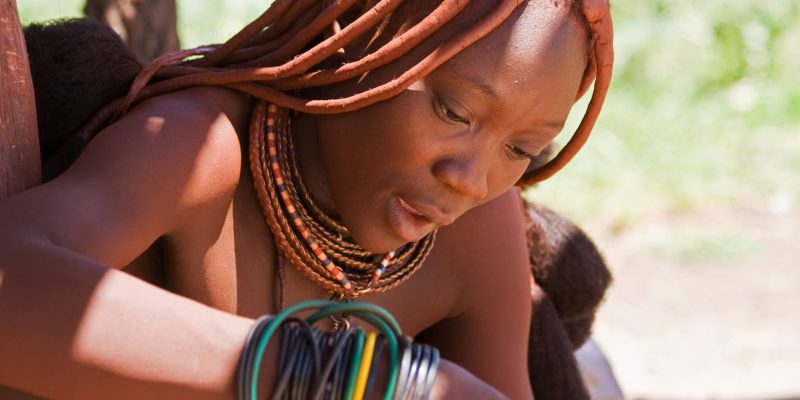 If you would like to uphold the tradition on your travels to Africa, we have collected these ways to say Thank You in the languages you will most likely encounter on your safari:
If you would like to uphold the tradition on your travels to Africa, we have collected these ways to say Thank You in the languages you will most likely encounter on your safari:
In Uganda: Weebale (Luganda).
In Rwanda: Murakoze (Kinyarwanda) or Asante (Swahili)
In Kenya: Asante (Swahili) or Ashe oleng (Maa) or Ní Wega (Kikuyu)
In Tanzania: Asante (Swahili) or Wabheja (Sukuma)
In Botswana: Ke a leboga (Setswana)
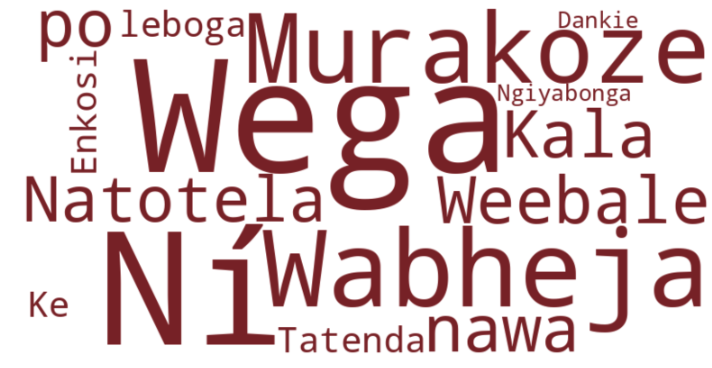 In Namibia: Eio (Damara/Nama), Okuhepa (Herero/Himba) or Kala po nawa (Oshiwambo )
In Namibia: Eio (Damara/Nama), Okuhepa (Herero/Himba) or Kala po nawa (Oshiwambo )
In Zambia: Zikomo (Nyanja), Twalumba (Tonga) or Natotela (Bemba)
In Zimbabwe: Tatenda (Shona) or Ngiyabonga (Ndebele)
Malawi: Zikomo (Chichewa)
In South Africa: Enkosi (Xhosa), Ngiyabonga (Zulu), Dankie (Afrikaans), Ngiyabonga (SiSwati), Ndo Livhuwa (Tshivenda )
You can click here for more about who speaks what, where.
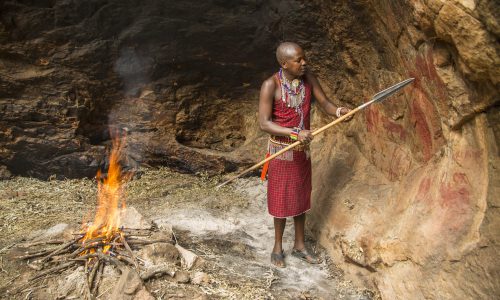
But most of all, wherever we travel, let’s ourselves be grateful for the means and ability to enjoy our journeys. To arrive safely in a faraway land is a gift. To move through unspoiled landscapes, and rest under star-studded skies is spectacular. To encounter truly wild creatures in their unscathed natural habitat is awesome. But to connect with distant peoples and learn how we achieve the same goals (big and small) in our distinctly different ways, is a joy. Working with “what we have and where we are“ means so many different things to so many different people. To recognize our shared hierarchy of needs, our common struggles and ideals, and how we address all these in such divergent ways, is inspirational. Let’s keep traveling to uncover our differences and celebrate our commonalities, and let’s give thanks for that privilege.
